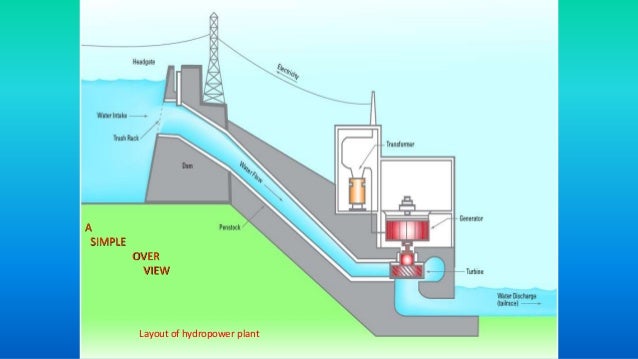A popular way to create electricity is through something called hydropower hydropower is a process where electricity is made by water which spins turbines attached to generators

A Popular Way to Create Electricity: Hydropower

Hydropower, also known as hydroelectric power, is a widely adopted method to generate clean and renewable electricity. It harnesses the kinetic energy of flowing or falling water to produce power. This process involves the rotation of turbines that are connected to generators, converting the mechanical energy of water into electrical energy.
Hydropower plants are typically built in rivers, dams, or reservoirs where a constant flow of water can be used. The power of water is utilized to rotate the turbine blades, which are connected to the generator rotor. As water drives the turbines, it transfers its energy, causing the generator rotor to rotate and produce electricity.

So, why is hydropower so popular? There are several reasons why it became one of the leading sources of electricity generation worldwide.
Firstly, hydropower is a renewable energy source, meaning it relies on the water cycle, which is a natural process. As long as there is water available, hydropower plants can continuously produce electricity without depleting finite resources. This sustainability makes hydropower an attractive option in the quest for clean energy solutions.
Moreover, hydropower is environmentally friendly. Unlike traditional fossil fuel power plants, it does not emit harmful greenhouse gases or pollutants into the atmosphere. This aspect of hydropower contributes to reducing air pollution and combating climate change, making it an eco-conscious choice.
Another advantage of hydropower is its reliability. Water flow can be regulated through dams and reservoirs, allowing for a consistent and controlled power generation. Unlike solar or wind energy, which are dependent on weather conditions, hydropower is not subject to the intermittent nature of these sources. It provides a stable and continuous supply of electricity, which is crucial for meeting the energy demands of industries and households.
Hydropower plants also serve other purposes apart from electricity generation. Dams and reservoirs created for hydropower projects can offer flood control and irrigation to support agriculture, contributing to water management and resource utilization.
In conclusion, hydropower is a highly effective and popular method to generate electricity. It leverages the power of flowing or falling water to spin turbines connected to generators, converting mechanical energy into electrical energy. Its renewable nature, environmental friendliness, reliability, and additional benefits such as flood control and irrigation make it an ideal source for meeting our energy requirements sustainably.
Sources:
Tags
Share
Related Posts
Quick Links
Legal Stuff

